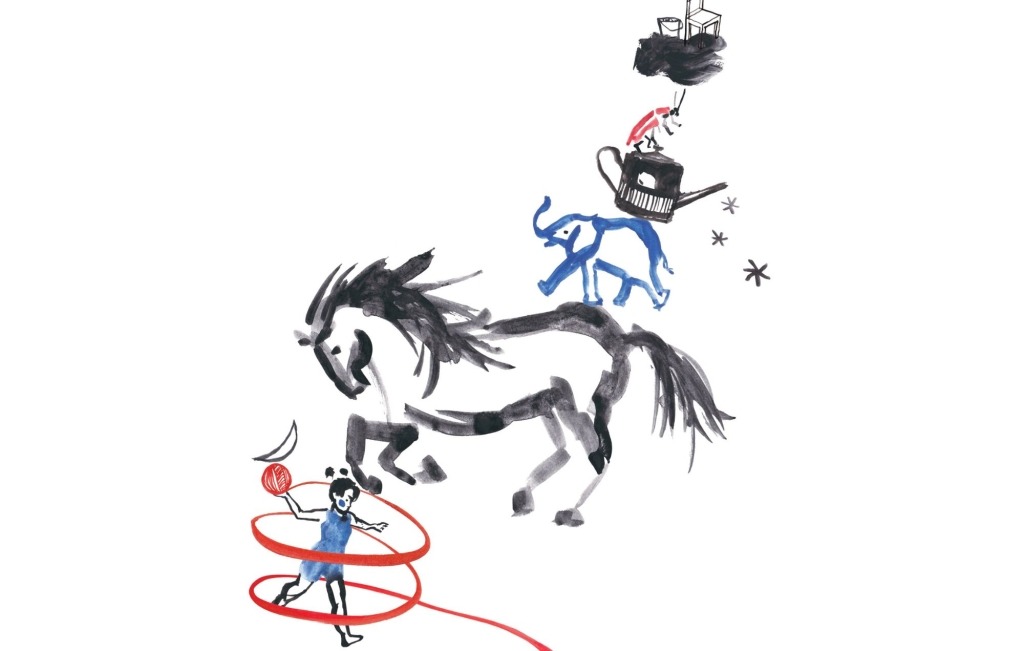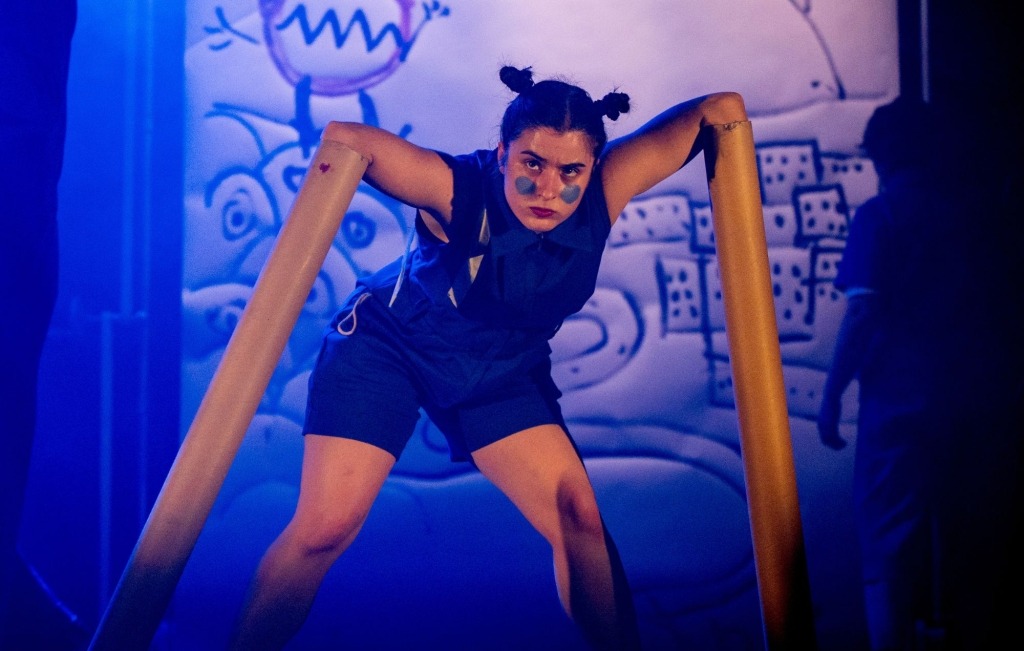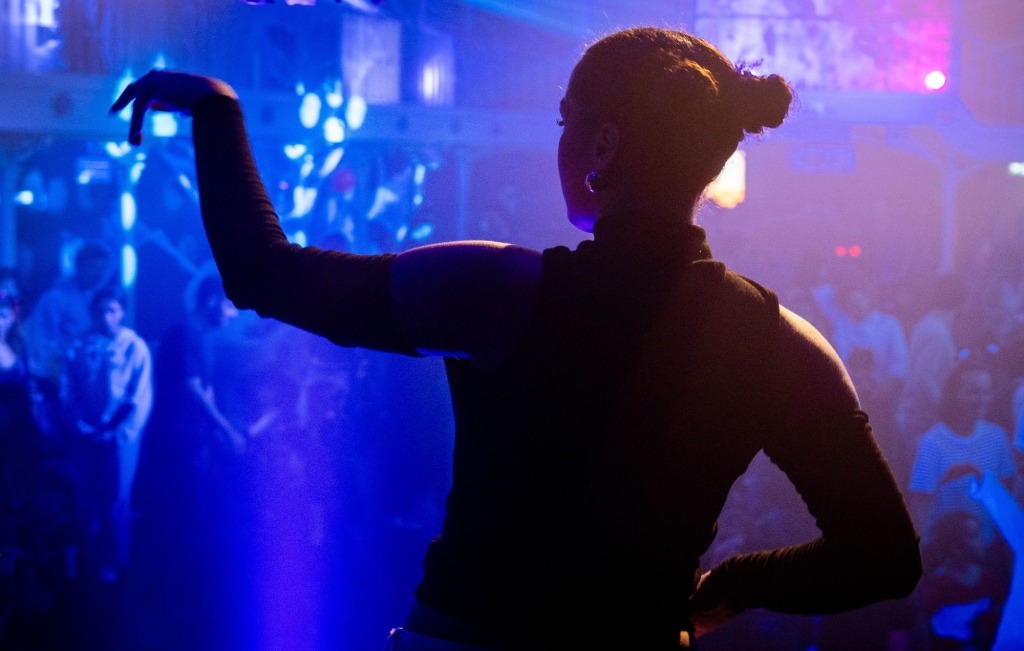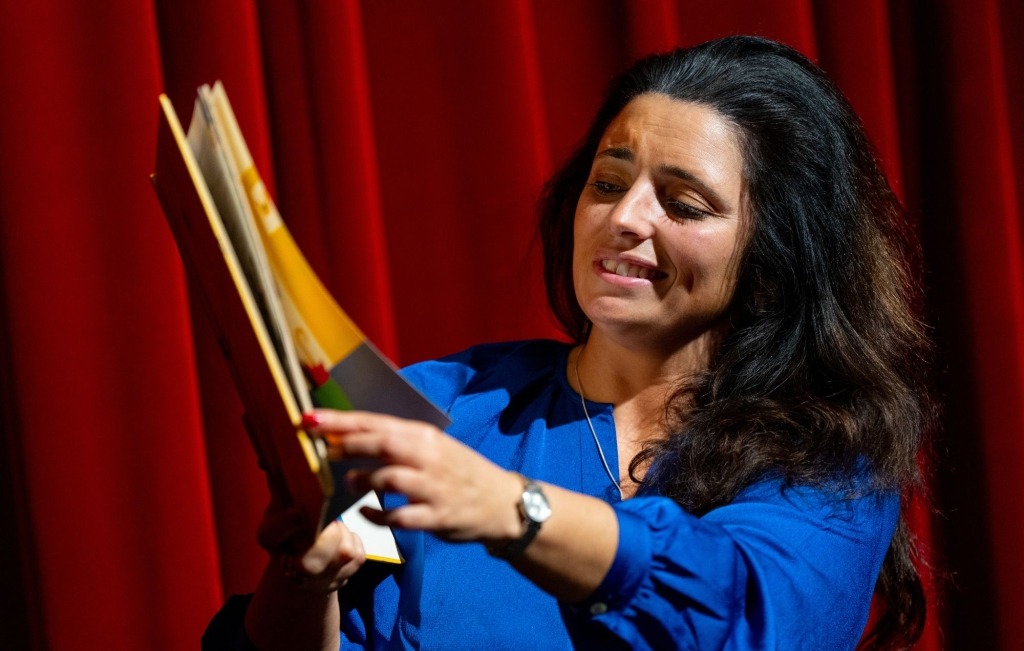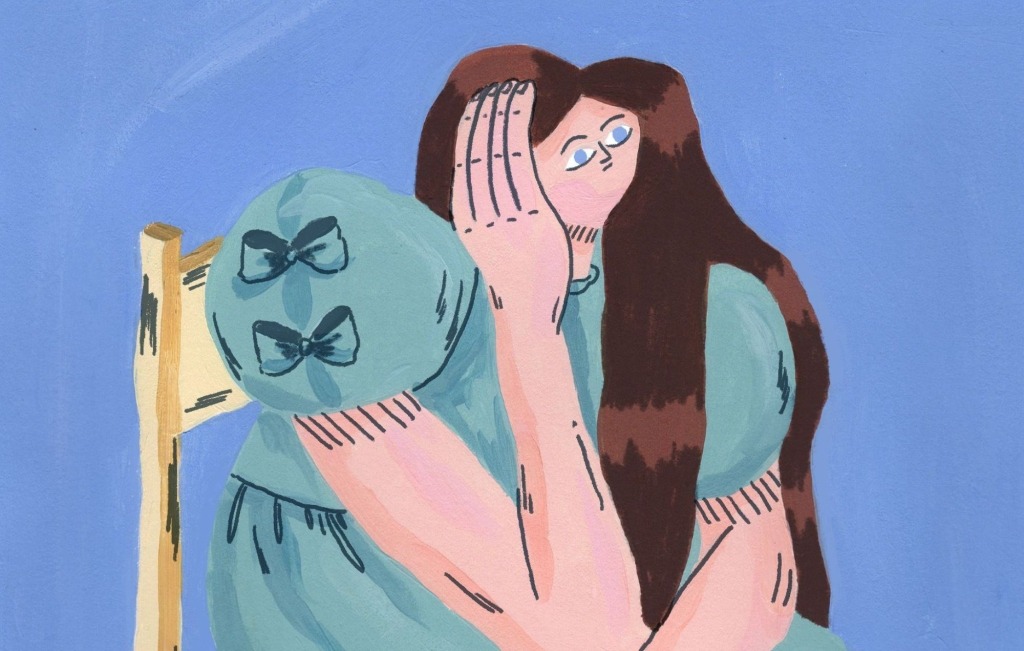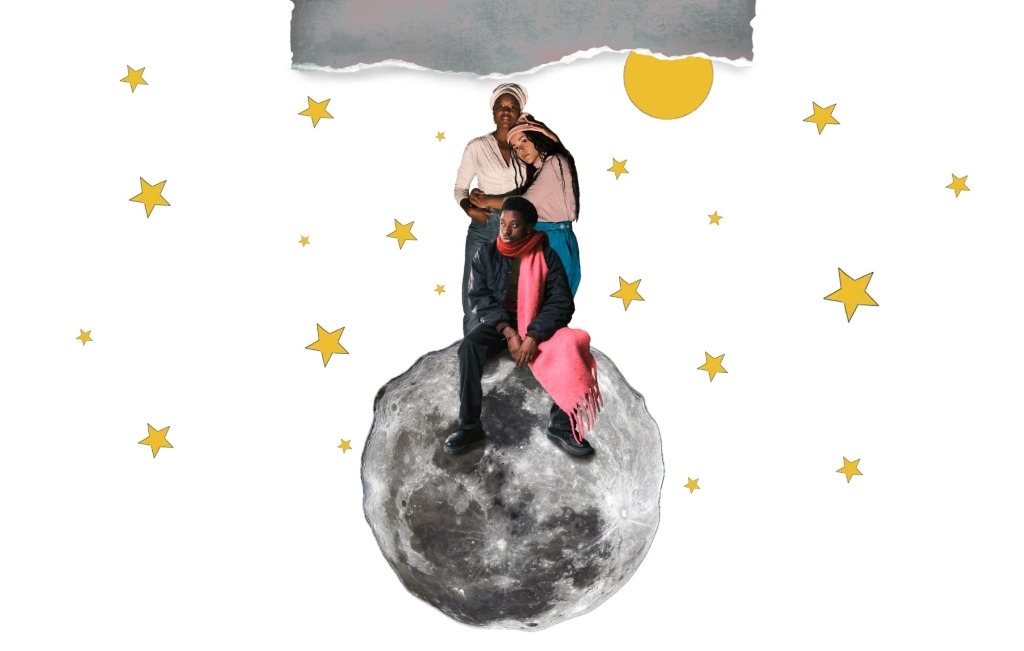Putting your hands in the dough
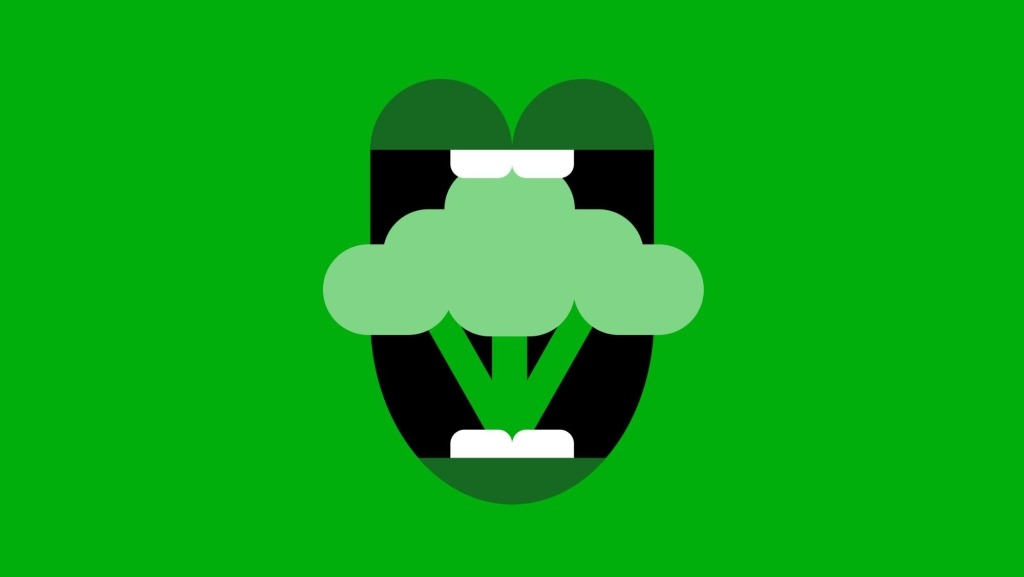
Informações técnicas
21 and 28 January: 6:30pm
4 February: 6:30pm
1 hour
Descrição
The richness of food is what allows us to address issues of memory, production and industrialization, nutrition and consumption, issues of gender and class.
Sinopse
In Portuguese, “putting your hands in the dough” means engaging in something, taking an active approach to any task, recognising – and reclaiming – the idea of being directly involved in some activity, almost always with pleasure (or at least with some energy). Here, “massa” (dough) translates this idea of initiative. But “massa” can also refer to the origin of everything, like a sourdough starter (“massa-mãe”, literally “mother dough”), the primordial substance from which things are born, often fermented and developed slowly. We want to talk about the immersion that is “putting your hands in the dough”. The richness of food allows us to address and explore questions of memory, production and industrialisation, nutrition and consumption, as well as issues of gender and class. In this series of conversations, we bring together people who, in one way or another, will share insights on these and other matters, bridging knowledge and posing questions – which, as we know, is what matters most in a conversation.
21 January
I’ll give you the rice
With Vasco Ramos and Amor no Prato
Sociologist Vasco Ramos takes us on a journey through the study of food, delving into spaces of transient companionship and the rhythms (and preparation) of everyday meals and celebratory food. Somewhere along this journey, we encounter the Amor no Prato (Love on the Plate) project from Serra das Minas, which, during the COVID-19 pandemic, distributed food baskets but, more importantly, created ways to preserve recipes so that lesser-known ingredients wouldn’t go to waste. By doing so, it built bridges between the fleeting moment of tasting and the creation of recipe books, now a part of our material heritage.
28 January
It will fall to you
With Joana Lucas (À Mesa) and André Carapinha (Mula Cooperativa)
We invite anthropologist Joana Lucas, who is involved in the À Mesa project, to share how food serves as inheritance and matter. Here, she intersects with Mula Cooperativa, a canteen initiative supported by André Carapinha. Canteens are perfect places to discuss relationships formed by subverting pure profit-driven logic and addressing scarcity. But they are much more than that. Starting from canteens, we can launch reflections on consumption and waste, gender and class, memory and authenticity, addressing issues that extend beyond the realm of canteens and treating food as the universal subject it is.
4 February
Symbiotic Planet
With Ricardo R. Santos and Joana Duarte
A conversation between biologist Ricardo R. Santos, who is currently researching Planetary Health theory, and fellow biologist Joana Duarte, who founded the Rota das Algas project, exploring beaches and the edible seaweeds – and flavours – they reveal. Through these two perspectives, we will discuss how all matter impacts all other matter and how agriculture and harvesting, zoonoses and the humane treatment of animals, and ecosystem protection must work in harmony to safeguard all life on Earth and, indeed, the Earth itself.
Integrated into The Food Series.
